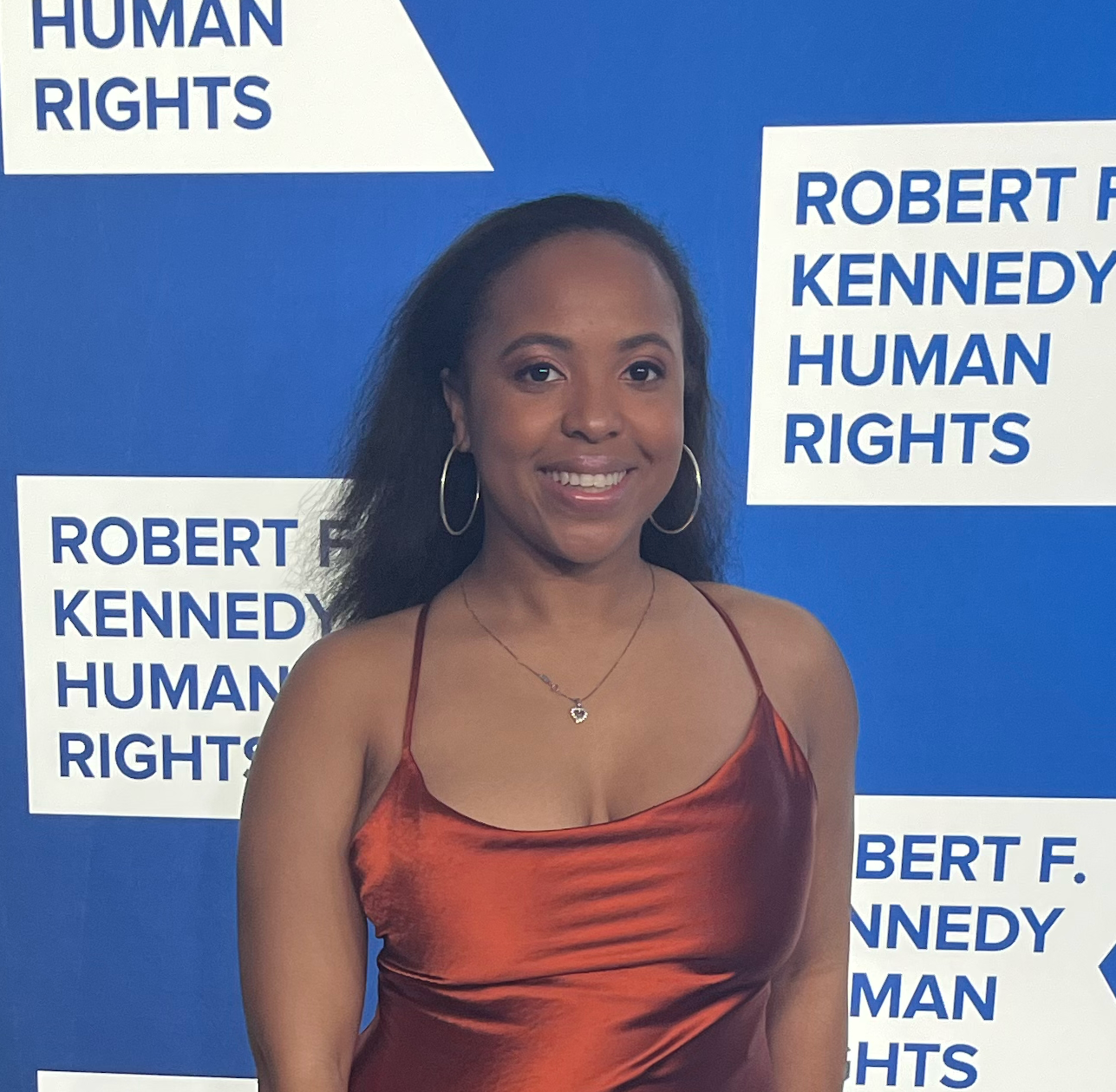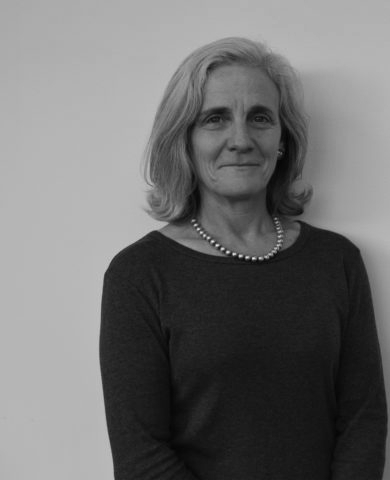Women’s History Month
This month, join us in celebrating the human rights defenders whose bravery and leadership are driving forward progress to end violence against women and advance gender equality. Explore these courageous defenders, emblematic cases, and educational resources below.
EXPLORE
Ethel Kennedy: Our Founder and Hero
Who We Are: Meet Our Team of Lawyers, Educators, and Issue-Experts
Ernestina Ascencio Rosario v. Mexico: Accountability for the Death of Indigenous Woman
Nasrin Soutoudeh & Reza Khandan: The Price of Allyship
Uplifting Women Authors and Journalists
Femicide in Mexico: The Disappearances and Murders of Seven Women Epitomize the Epidemic
Become A Defender: Bringing Women’s Rights into the Classroom
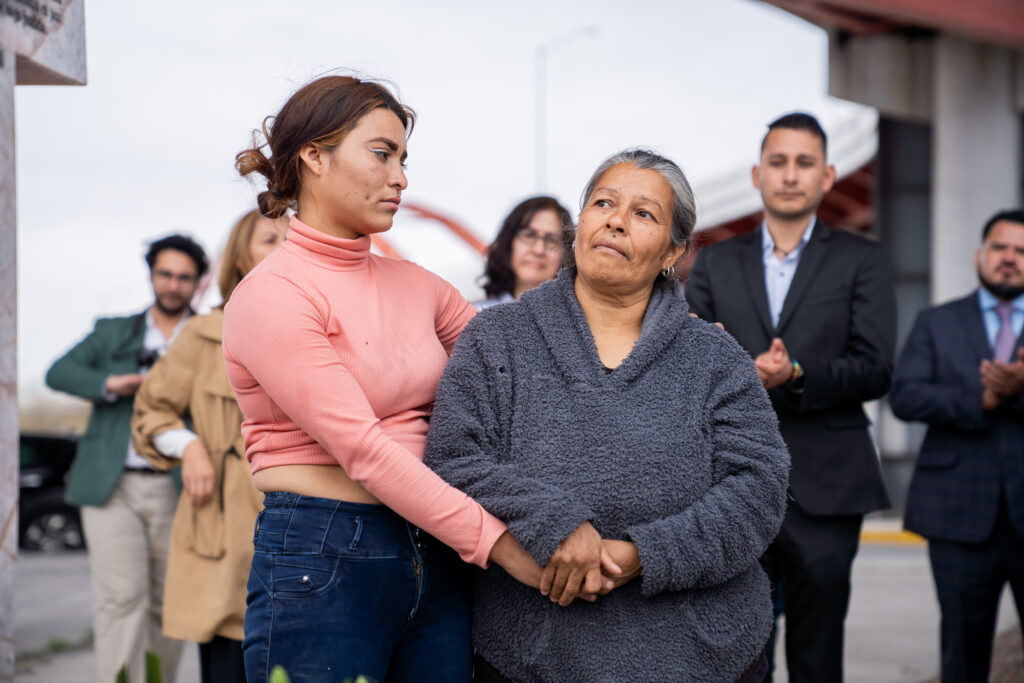
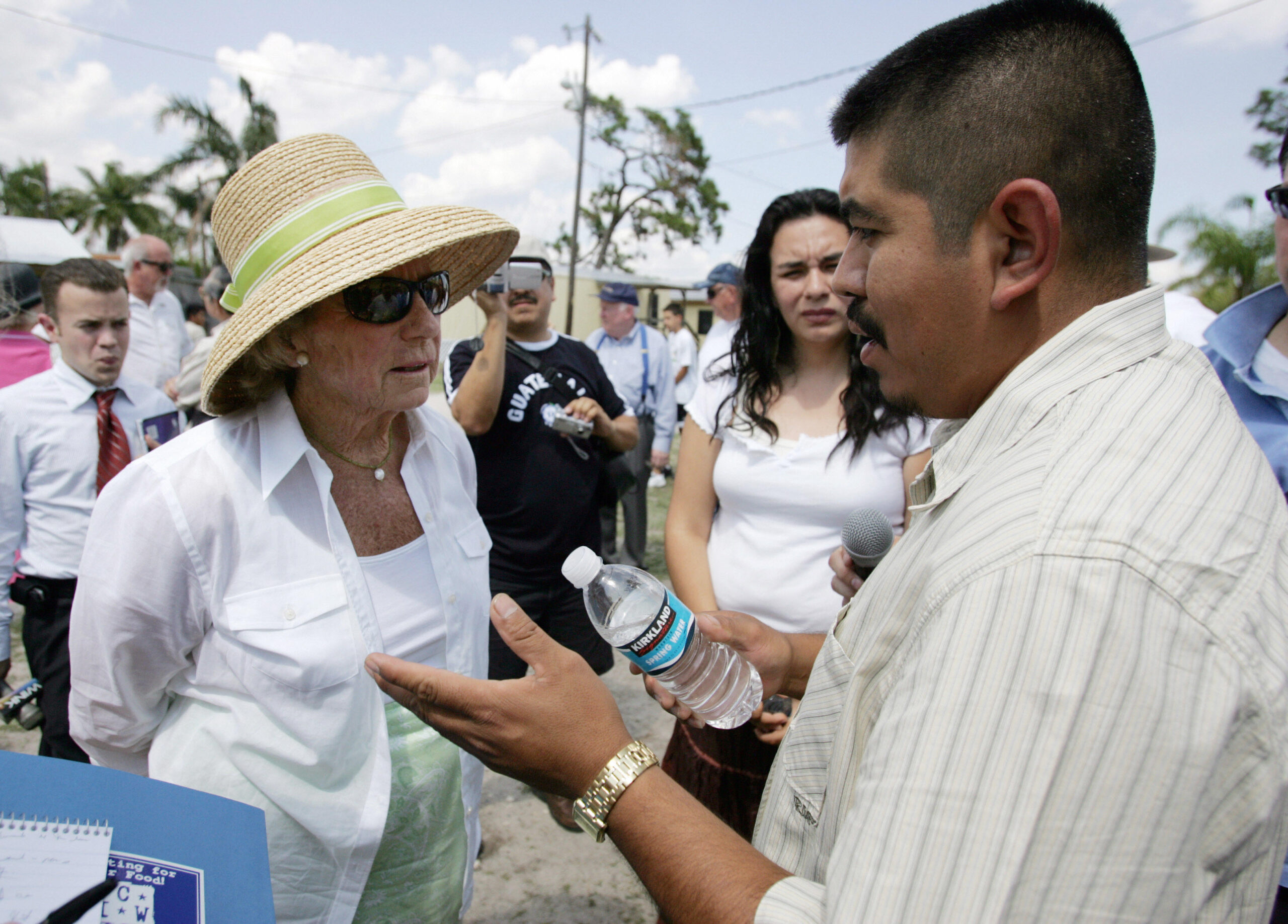
Ethel Kennedy
Not only did our founder lead RFK Human Rights for decades, she was also an ally to Immokalee farmworkers and a champion for justice.
Related Content
As the founder of RFK Human Rights, Ethel Kennedy led the organization from its very inception and played a vital role in its growth and development for more than half a century. Over her 96 years, she was a champion for justice, standing with human rights defenders around the globe—including farmworkers fighting for fair pay and humane working conditions, as Senator Kennedy had done years before.
For decades, Ethel protested, boycotted and advocated alongside and for The Coalition of Immokalee Workers (CIW), an organization that fights against unfair wages, human trafficking, and sexual violence for agricultural workers. Lucas Benitez, co-founder of CIW, first met Ethel in 2003, when the coalition received the Robert F. Kennedy Human Rights Award. “Mrs. Kennedy, along with her daughter Kerry, stood with us from the very start,” Benitez said. “She saw the promise in our early efforts to bring brutal farm bosses to justice when no one else did.”
Meet Our Team
Every day, our staff makes Senator Kennedy’s vision a reality by fighting for equality and accountability in the courtroom, the boardroom, and the classroom.
Led by human rights lawyer and activist Kerry Kennedy, our team of attorneys, issue experts, advocates, entrepreneurs, and writers is united by a commitment to realize Senator Robert Kennedy’s dream of a more just and peaceful world. Over the years, our dedicated staff have launched human rights education and engaged the business community in pursuit of our goals; fought for racial justice, economic justice, and criminal justice reform; and protected women from violence and helped young people who might otherwise be overlooked become the leaders of tomorrow.
Justice for Ernestina Ascencio
How RFK Human Rights is seeking accountability in hearing on torture, assault, and death of Indigenous woman in Mexico.
Related Content
Ernestina Rosario Ascencio was a 73-year-old Nahua Indigenous woman from the Sierra of Zongolica region, Veracruz, Mexico. On February 25, 2007, Mrs. Ernestina was sexually assaulted and killed by members of the Mexican army. Her attack was worsened by the State’s lack of adequate and timely medical care that could have saved her life and the subsequent cover-up of the crime. The case of Mrs. Ernestina serves as a stark illustration not only of the violence that Indigenous women have endured for decades, but also of the discrimination faced by Indigenous People when trying to access basic services and healthcare or trying to seek justice in Mexico. In July 2023, RFK Human Rights joined four Mexican-based organizations and that have been representing Mrs. Ernestina’s family in their pursuit of truth and justice in Mexico. In the latest step towards accountability, the organizations participated in a public hearing before the Inter-American Court on Human Rights on January 30, 2025.
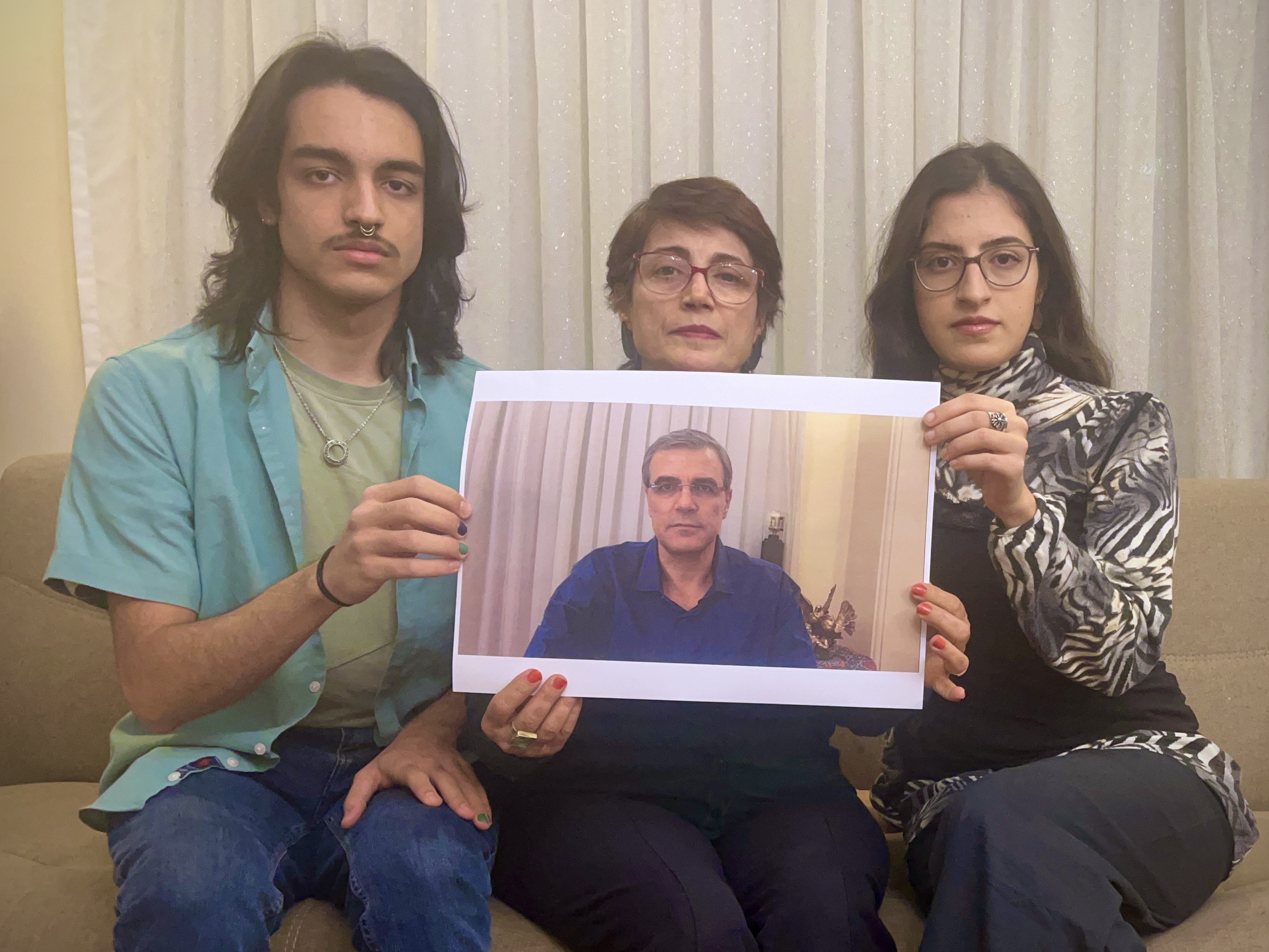
Nasrin Soutoudeh & Reza Khandan
How the price of being an ally in the struggle for women’s rights in Iran landed one activist in prison.
Related Content
Free Reza Khandan: Sign the Petition
Yesterday, Reza and Nasrin’s son, Nima, was arrested, brutally beaten, and taken to Iran's notorious Evin Prison—the same prison where Reza has been detained since December 2024 for speaking out in defense of women’s rights in #Iran. This is the harsh reality faced by many human… pic.twitter.com/tAyOfSD8Vq
— Kerry Kennedy (@KerryKennedyRFK) January 29, 2025
In December 2024, human rights defender Reza Khandan was arrested at his home and taken into custody at a police station in Tehran. His crime? Advocating against Iran’s compulsory veiling laws and the death penalty. Now in Tehran’s notorious Evin Prison, Reza faces a… pic.twitter.com/oYxlig3miH
— Robert F. Kennedy Human Rights (@RFKHumanRights) January 14, 2025
In December 2024, human rights defender Reza Khandan was arrested at his home and taken into custody at a police station in Tehran. His crime? Advocating against Iran’s compulsory veiling laws and the death penalty. Now in Tehran’s notorious Evin Prison, Reza faces a three-and-a-half-year sentence (on top of time already served) for supporting women’s rights in Iran.
Reza has been a vocal advocate against Iran’s compulsory veiling laws and the death penalty for decades, and his December 2024 arrest was far from his first run-in with Iran’s repressive regime. In 2019, Reza was unjustly sentenced in absentia by Branch 15 of the Tehran Revolutionary Court to six years in prison on fabricated charges of “gathering and collusion with the intent to act against national security” and “propaganda activities against the state.” His only crime was producing and distributing “I Oppose the Mandatory Hijab” buttons in support of women’s rights and freedom of expression.
Reza’s wife, Nasrin, has also long fought for the rights of women, children, religious minorities, journalists and artists, and those facing the death penalty. Nasrin rose to prominence after the 2009 anti-government protests, known as the Green Revolution, following Iran’s presidential elections. Nasrin has been frequently imprisoned, including in solitary confinement, since 2010. In March 2019, she was sentenced to a total of 38 years in prison and 148 lashes on made-up charges, including stoking “corruption and prostitution.” During the COVID-19 pandemic in 2020, Nasrin went on hunger strikes to protest the continued arbitrary detention of political prisoners amid abysmal conditions in Iranian prisons. In November 2020, Nasrin was temporarily released with the consent of the prosecutor in charge of women’s prisons to allow her to undergo treatment for her heart. However, in October of 2023, Nasrin was assaulted and re-arrested while attending the funeral of Armita Garawand, who activists say was beaten to death by Tehran’s morality police. Garawand’s death echoes Mahsa Amini’s, whose alleged killing invigorated a feminist movement in Iran – “Woman, Life, Freedom.” One month later, Nasrin was released on bail, and she still faces charges of national security and for disregarding the mandatory veiling laws.
Uplifting Women Authors and Journalists
RFK Human Rights defends journalists subjected to violence and repression while documenting pressing human rights abuses.
Related Content
RFK Human Rights remains committed to protecting women authors and journalists whose reporting shines a light on rights violations, government corruption, and social justice—crucial work that all too often carries with it threats of repression, harassment, or criminalization. Through advocacy and strategic litigation, we defend the civic space needed to safeguard democracy and preserve the free flow of information. Through our Book & Journalism Awards, along with other online events, we celebrate the journalists, authors, and other media professionals whose work documents pressing social issues and human rights abuses.
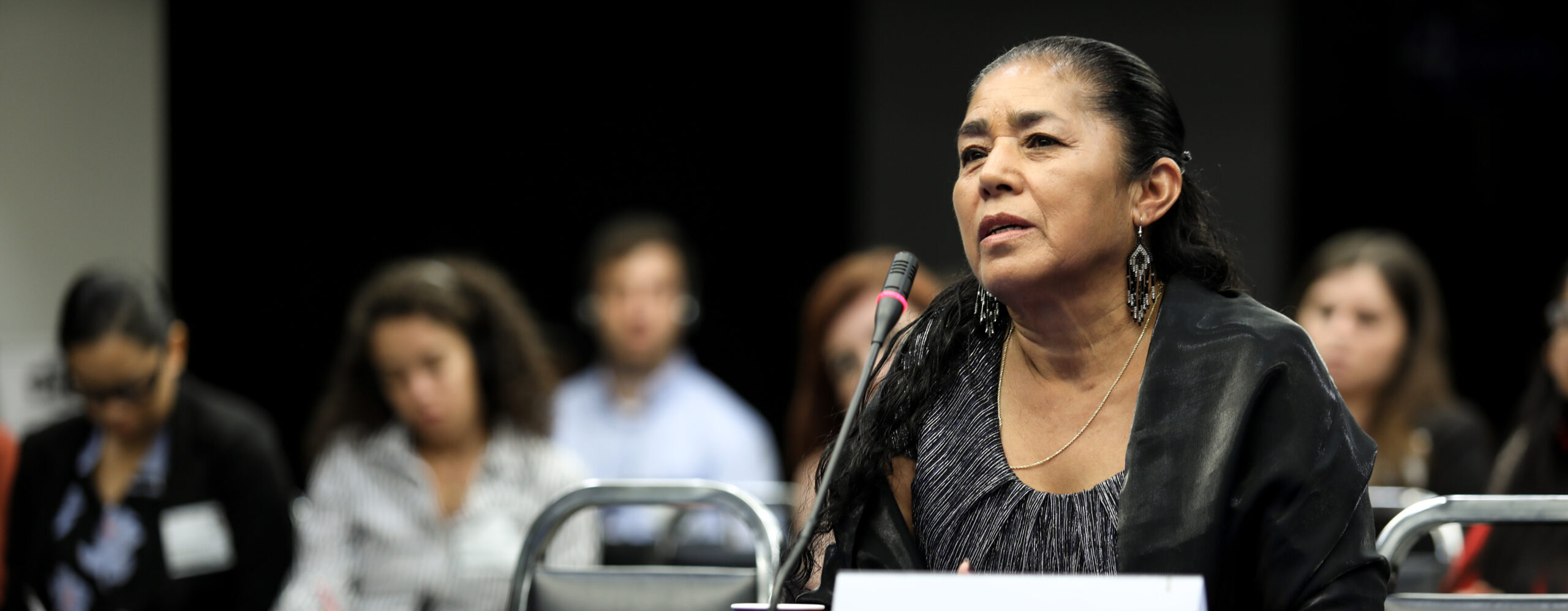
Femicide Remains Rampant in Mexico
The disappearances and murders of seven women epitomize the femicide epidemic in Mexico.
Related Content
The case of Silvia Elena Rivera Morales et al. v. Mexico concerns seven women and girls, all under the age of 20 and one as young as 24 days old, who went missing between 1995 and 2003. In each case, the State’s response has been critically deficient, with the investigations riddled with inaction and mistakes.
While the seven femicides represented in the Silvia Elena case occurred over 20 years ago, the issue of violence against women in Mexico has only grown—along with the subsequent impunity, in spite of international pressure and the Inter-American Court for Human Rights’s demands for reform.
The case, litigated by Centro para el Desarrollo Integral de la Mujer, AC (CEDIMAC) and Robert F. Kennedy Human Rights, alleges that the inaction by the Mexican government—and the consequent impunity for the perpetrators—was on account of the victim’s gender and constitute violations of the victims’ right to life, freedom from violence, liberty and integrity, and judicial protection, and their families’ rights to be free from torture and inhumane treatment.
In December 2021, the IACHR determined that the State of Mexico was responsible for violating the rights of the victims and their families, and recommended a series of measures of reparations and gave the State a deadline to comply. In March 2024, the Mexican government signed a compliance agreement, issued a public apology, and recognized their responsibility for the inaction, impunity, and negligence in the case.
Subscribe for more on women’s rights and gender-based violence—delivered straight to your inbox.
Subscribe to the Justice Roundup to receive the latest advocacy and litigation updates, events, and commentary from our attorneys.
Become a Defender
Bring women’s rights into the classroom through our resources for teachers.
Beginning with the story of a human rights defender, each lesson plan outlines a series of activities inspired by the defender’s advocacy. Designed to encourage students themselves to “Become a Defender,” the lesson plans engage students at all levels, and align with Common Core Learning Standards. This month, our selection of featured lesson plans explore themes related to women’s rights and gender equality, including child marriage, sexual abuse, and access to education.





